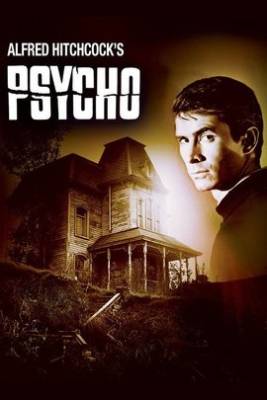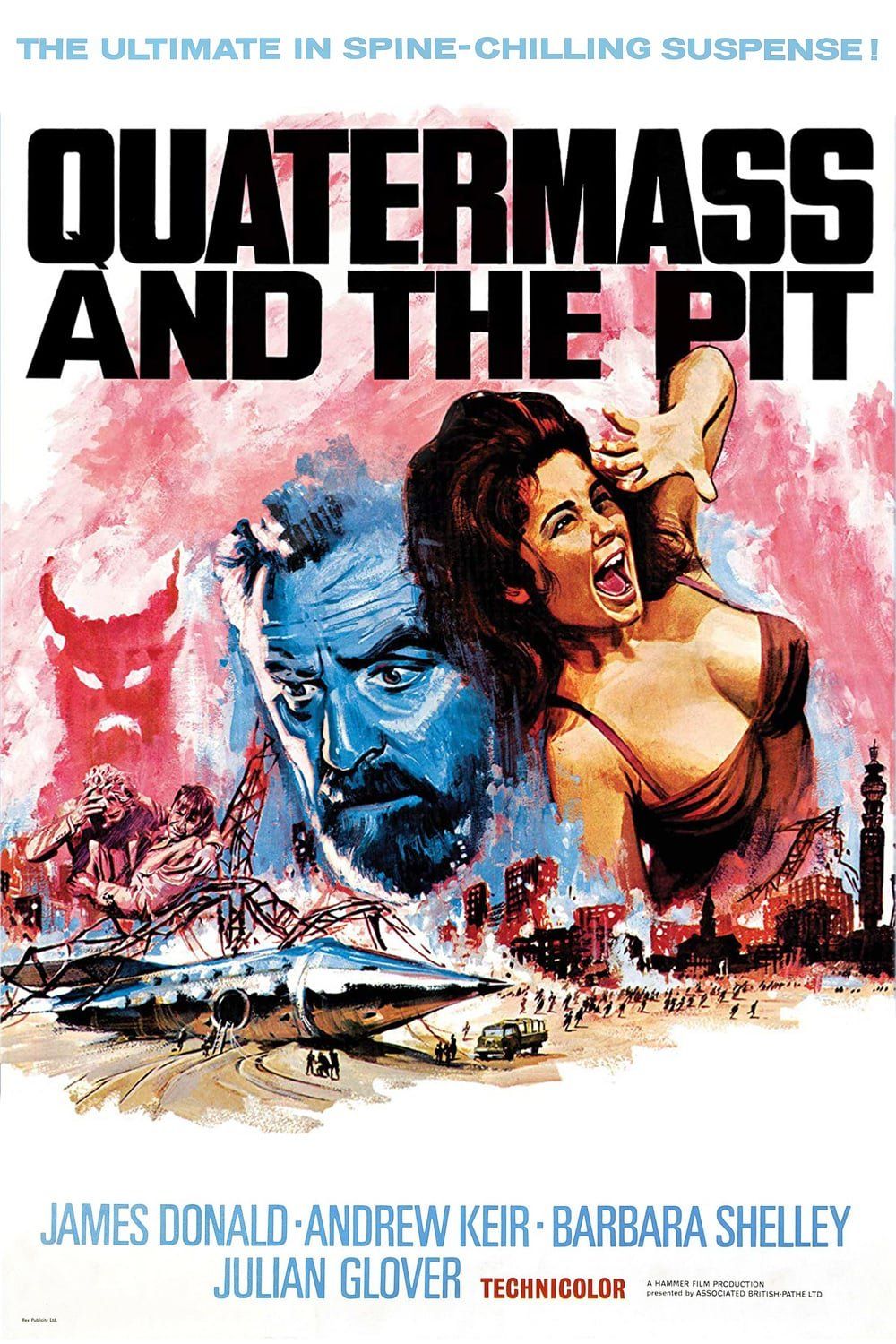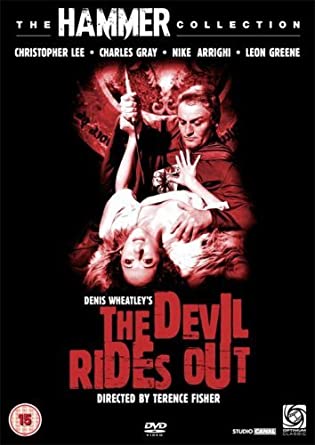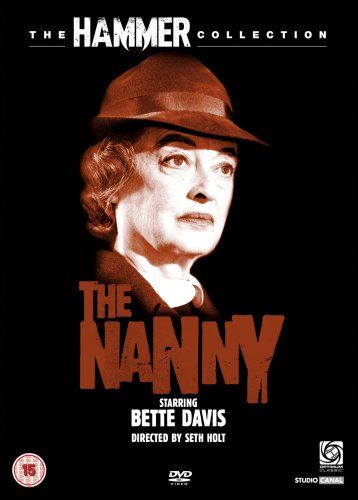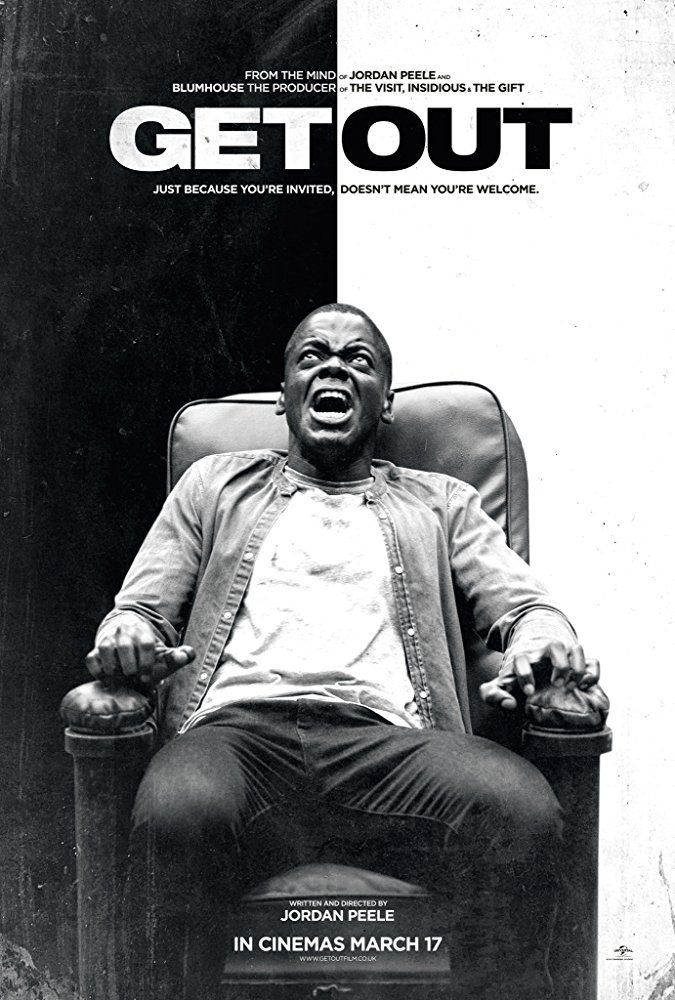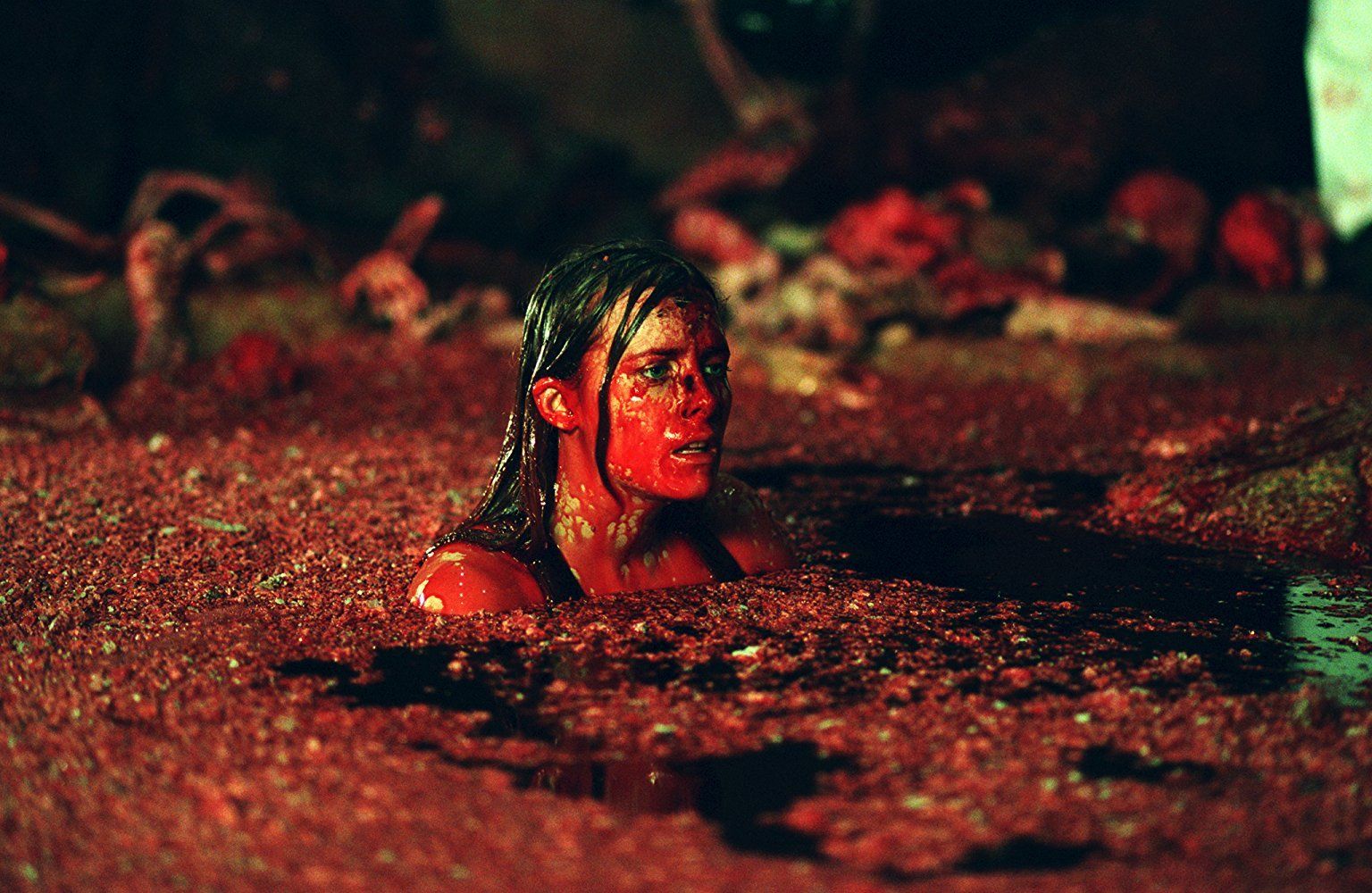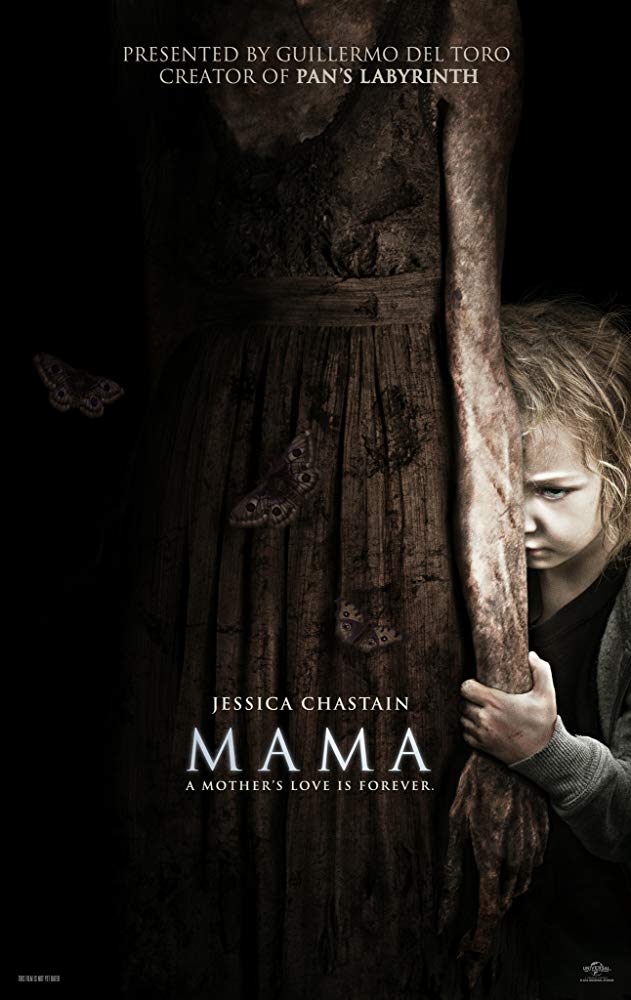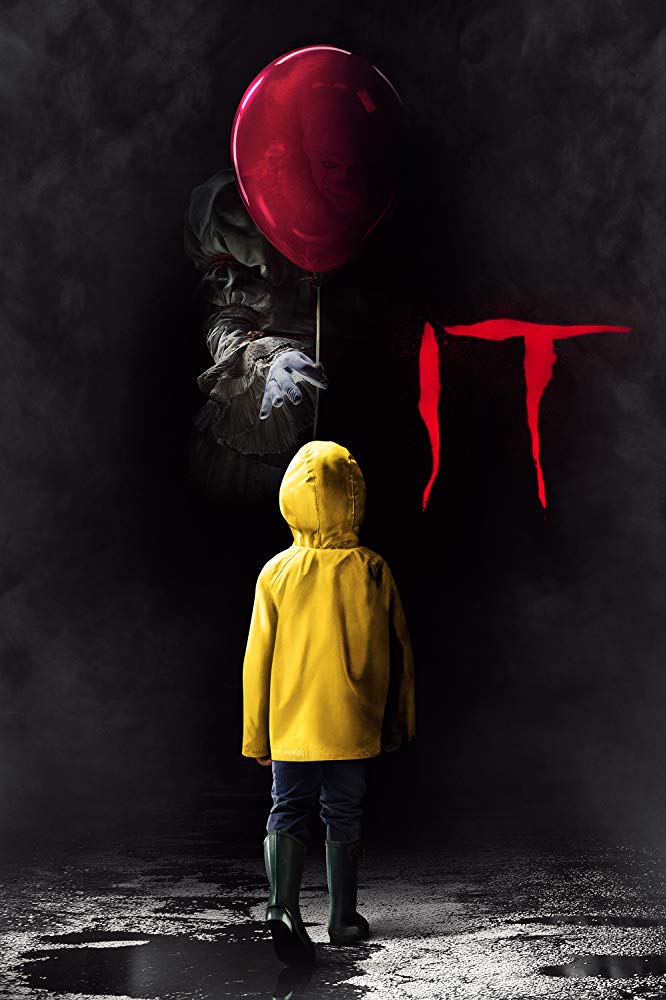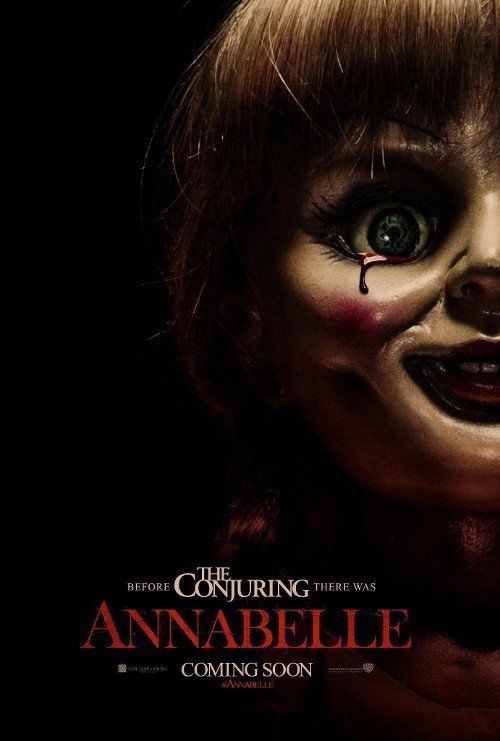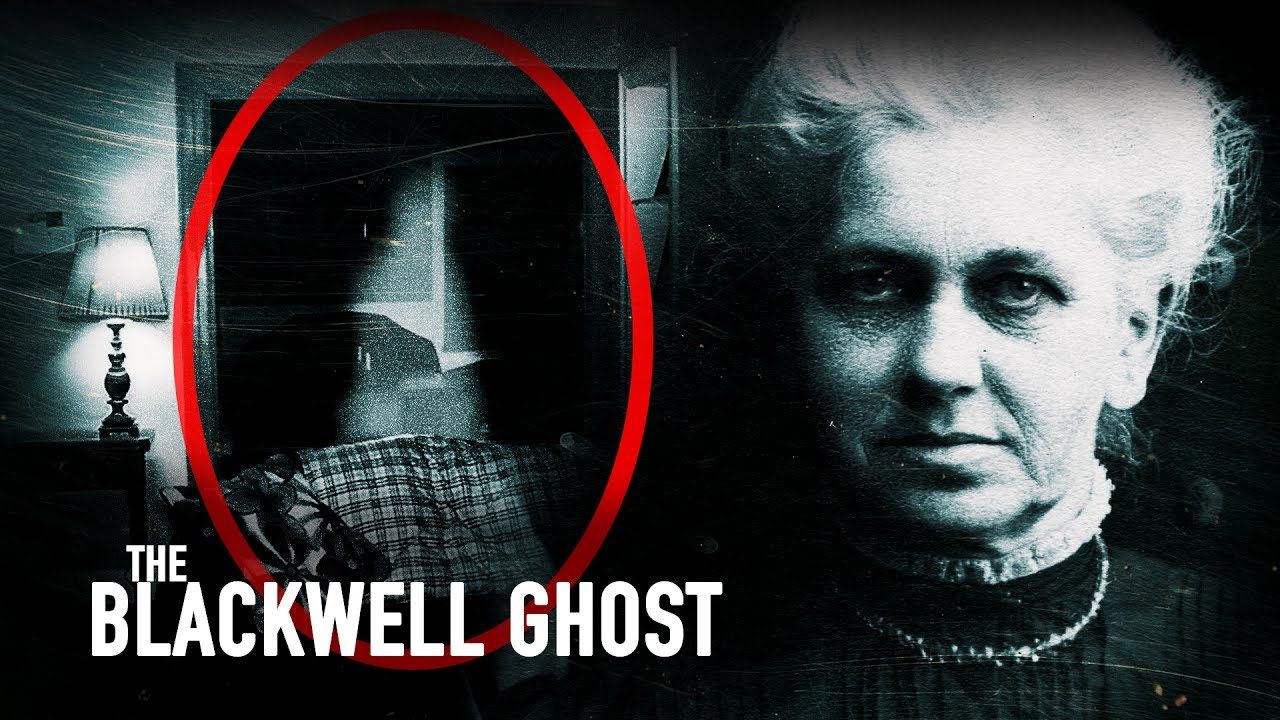WARNING: Contains spoilers
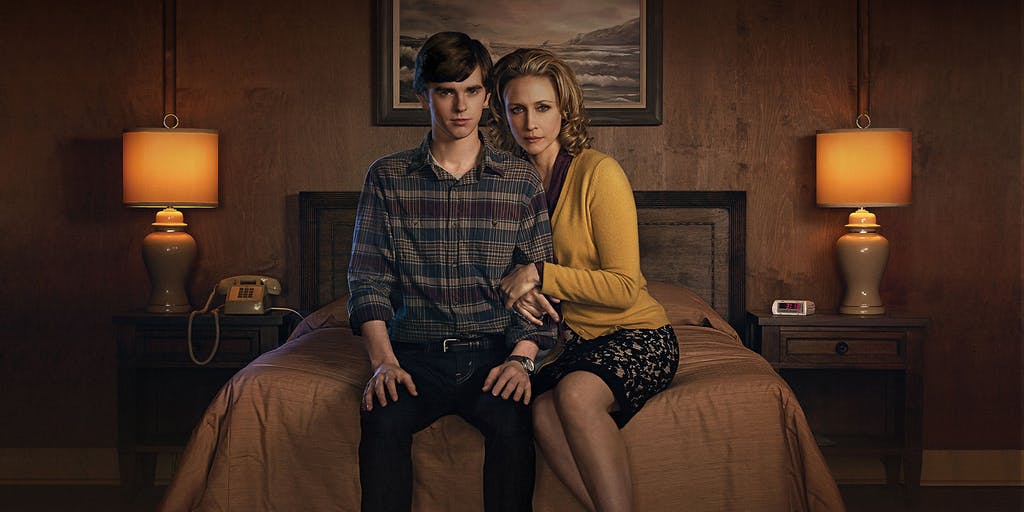
I have to confess to not being a big fan of the film Psycho. I like elements of it but it never captured my imagination in the way it has many other horror/film fans. It probably didn't help that the iconic shower scene and the reveal have been cemented in pop culture (even in the early 80s) and I was aware of the twists prior to watching the film. It also didn't help that I recall watching it soon after The Omen and The Thing, both films having a huge influence on my life, and Psycho simply didn't have the same impact. Having re-watched Psycho several times since, I've come to appreciate it a lot more, especially from a writing and pacing perspective. The 1998 remake was vastly inferior which was the reason why I initially gave Bates Motel a wide berth. It wasn't until Jess from SesskaSays (YouTube react channel) said it was one of her favourite shows and that Norma was, in her opinion, one of the all time great characters, that my interest was piqued. I was curious to see how the show would portray Norman's mother, after all, we only 'hear' Norman's version of her in the film. Having a great respect for Jess's opinions and channel, I thought I would give it a try.
Beginning with Norman's latter teenage years (the series starts when he is 17), the show focuses on his relationship with his (living) mother, Norma. Norma bought the Bates Motel from a foreclosure sale as a fresh start for Norman and herself after the death of her husband six months before. Straight away you realise their relationship is complex and intricate, and, as a voyeur, also an uncomfortable one as it forces us to question how far someone should go to protect and shield the ones they love even though, deep down, you know there's something wrong with them. I initially wondered how they were going to get 5 seasons out of the premise because we all know how it ends, but it's a credit to the writers and producers who obviously had a vision of where they wanted the show to go. It's a slow burn and the first season helps set up the universe nicely. Even the initial teen drama angle, something I'm not a great fan of, didn't detract from the overall narrative, instead, it help set up Norman and his interactions with people his own age. The second season suffers from a bit of fluff and a lot of the drug thread seemed like padding but it finished well. However, from the third season on wards the show was incredible (the fourth season in particular). The acting, the dialogue, the cinematography were all superb and the level of detail, including the detail taken from the film Psycho, was not only exceptional but also a respectful homage.
The slow burn style was necessary because it gave the viewer the chance to see the gradual breakdown of Norman's mind. What really impressed me was the way Norman was portrayed as a really nice, polite man. Because he's a good lad you feel sorry him, you don't want anything bad to happen to him and, before you realise it, you're emotionally invested in his journey even though you know what he's going to turn into. Even then, watching him struggle with the mother in his mind was utterly heartbreaking, especially the scene where he is physically fighting her and we get a glimpse of him fighting himself atop a table. I have to admit to being an emotional wreck after that. But I think the moment that stands out for me across all the seasons is when Norma goes off the rails and leaves Norman and Dylan at home. Norman has difficulty coping and we see this manifest in him wearing his mother's dressing gown and cooking Dylan some breakfast. It was an understated scene but it meant so much in the overall narrative that it was disturbing, chilling and tragic all at the same time because, to me at least, it felt like the beginning of the end. A surprise element was Dylan, Norman's half brother. Initially a rogue, he soon becomes the heart of the show and, along with Emma, the much needed sanity in the extraordinary world around them. Both characters were well written and well realised by the actors, especially Olivia Cooke who caused me to well up more times than I'd care to admit to.
Another aspect I liked was the way they handled the events of the film choosing to interpret the source material differently without changing it too much. If they had chosen to copy the film then we'd have three film versions of the same scene, and the purists would complain that it wasn't as good as the original, and, let's face it, it probably wouldn't be. However, by the time they reach that point, I felt Bates Motel had earned its stripes to be able to alter it and still be credible. I don't think some people were happy but I think many were. But it did get me thinking about adaptations, remakes, reboots and re-imagining and what the definitions actually are, a topic for another day perhaps.
In hindsight, I think there was 4 seasons of material and story that were pure gold. Had they completed the story over 4 and not 5 seasons, or perhaps 5 seasons of 7 episodes instead of 10, I think Bates Motel would've been a tighter affair. There were a couple of times where it felt like there were too many random things happening to Norma just to get her annoyed (how she managed to run a motel and the household with everything else happening around her was a puzzle sometimes). Granted, it was always great to watch how she dealt with them, but this is formula for story telling. Once you have your character/s, one of the first things you should do is put them in uncomfortable situations and then keep thinking of the next worst case scenario when they overcome a previous problem or a hurdle. For me, I think they did this too many times.
I have to admit to preferring Bates Motel to Psycho because of both the characterisation of Norma and the measured way the failure of Norman's mind was portrayed. But the two are difficult to compare because Psycho only had 1 hour 50 minutes to tell its story whereas Bates Motel had five seasons. A viewer can only go off sheer enjoyment and I enjoyed Bates Motel more, it's as simple as that. It was often uncomfortable, creepy, unsettling, upsetting and chilling, just how great TV should be. Catch it now on Netflix. I must also buy SesskaSays a token of my thanks for getting me into this amazing show.
You can watch Sesskasay's Channel here: https://www.youtube.com/user/sesska53
